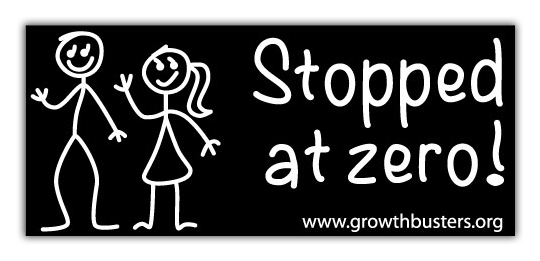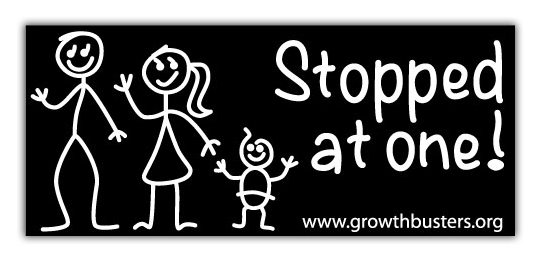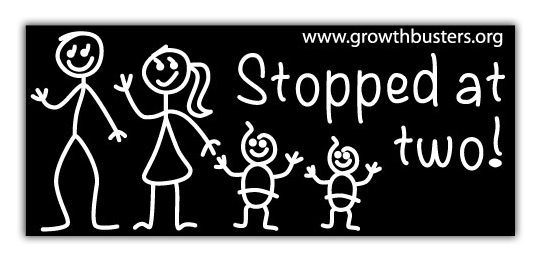It would have been nice for me to share today’s guest post with you on Earth Day, as that occasion drove some of these comments. However, maybe it’s even more appropriate today, almost 3 weeks after Earth Day 2012. Did we change the world on April 22? Did you change your life?
Earth Day 2012: What are We Celebrating?
by Ghassan Karam
Many in the world are already celebrating the 42 anniversary of Earth Day and that is understandable. The young idealists who started this movement had a dream, a dream that the citizens of this planet have grown up, opened their eyes and decided that the human species must change its behavior , in all fields, if the planet and all what is on it is to have a chance to sustain its existence and to thrive. Over forty years have passed and the dream is farther away than ever. Actually it is not an exaggeration to claim that the dream is currently out of reach and that the human species has managed to create the conditions that will lead to nothing short of a ruinous outcome. Yes we are beyond the tipping point and in the words of the great James Lovelock we are witnessing “Gaia’s Revenge”.




 I’m glad Richard chose to write about “decoupling.” We cling so tenaciously to our dogma of everlasting growth that we dream up fairy tales to explain how we can overcome physical limits. One common tale is the idea that economic growth can occur without increasing extraction of natural resources and emission of waste. This notion is called decoupling: economic growth is decoupled from growth in natural resource consumption. Some degree of decoupling has been occurring as our economy emphasizes services over manufacturing, and as we increase efficiency. It’s been happening at a very slow rate, however.
I’m glad Richard chose to write about “decoupling.” We cling so tenaciously to our dogma of everlasting growth that we dream up fairy tales to explain how we can overcome physical limits. One common tale is the idea that economic growth can occur without increasing extraction of natural resources and emission of waste. This notion is called decoupling: economic growth is decoupled from growth in natural resource consumption. Some degree of decoupling has been occurring as our economy emphasizes services over manufacturing, and as we increase efficiency. It’s been happening at a very slow rate, however.